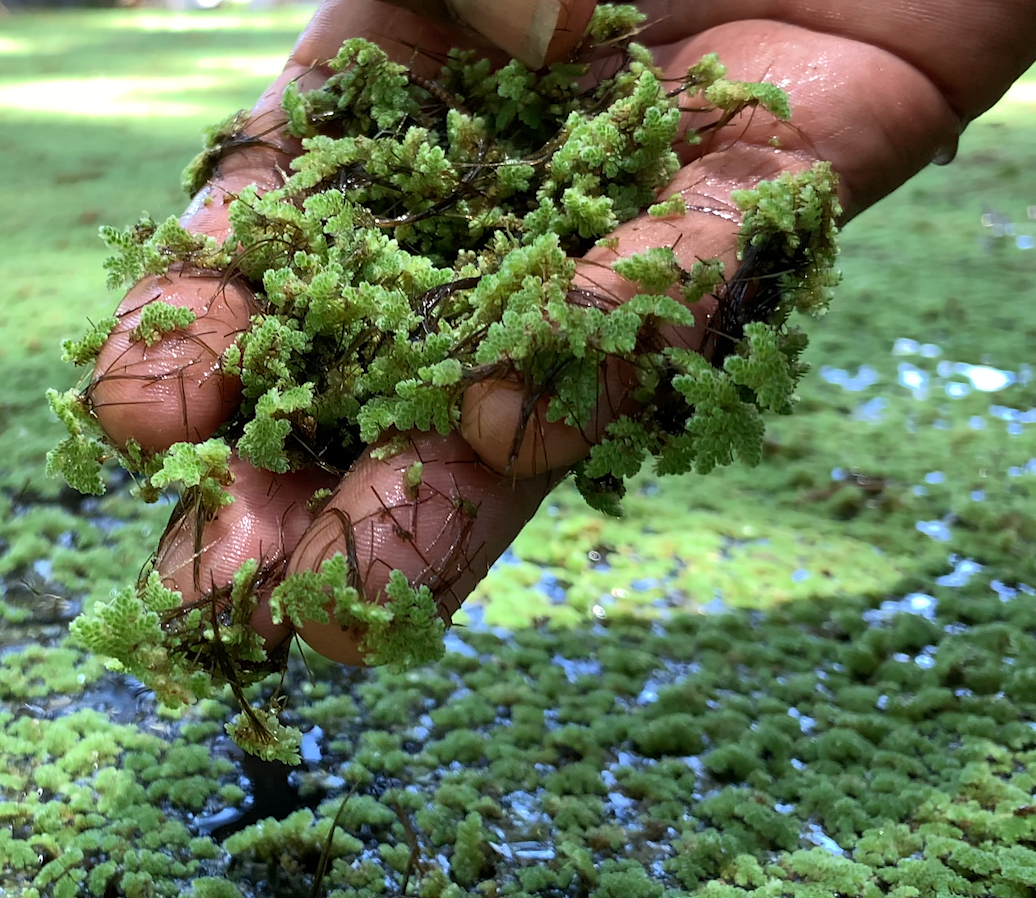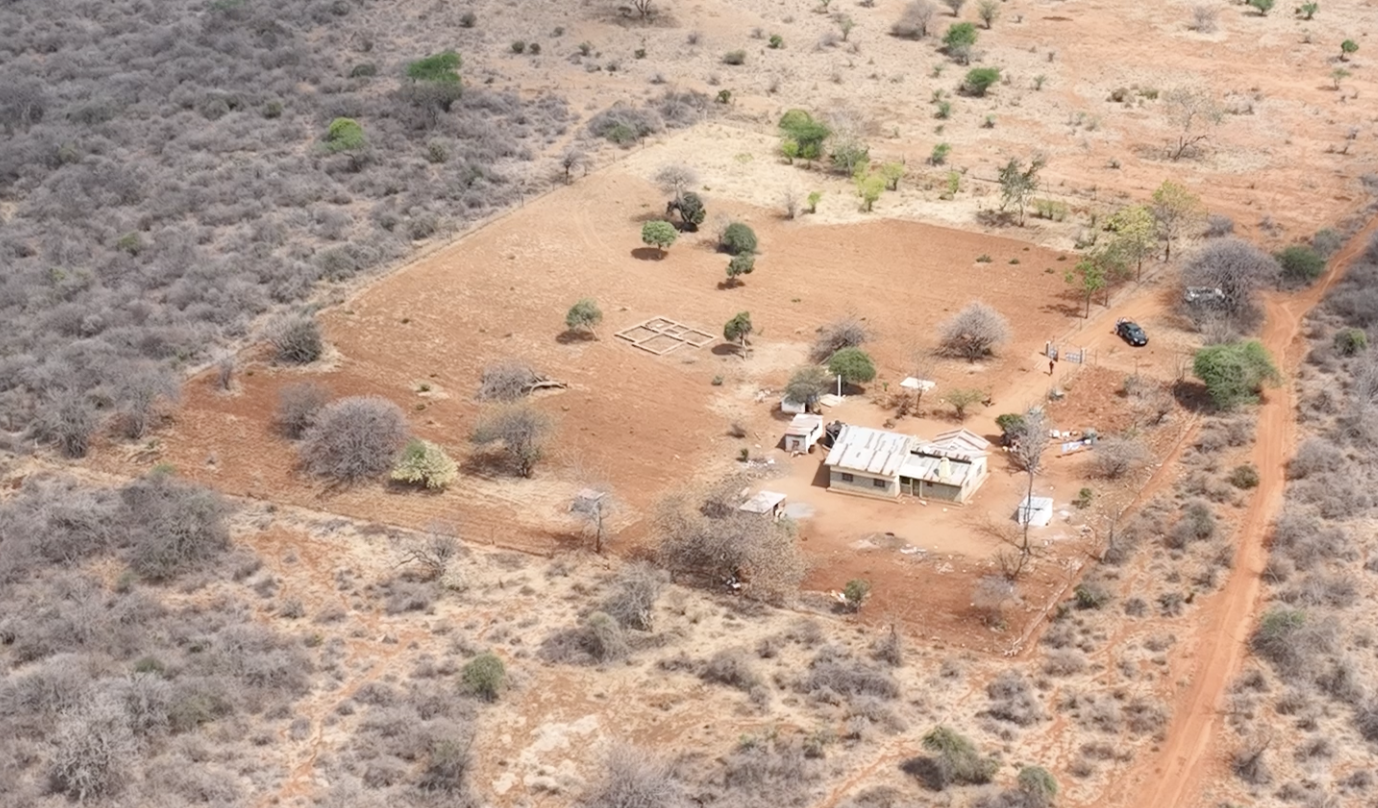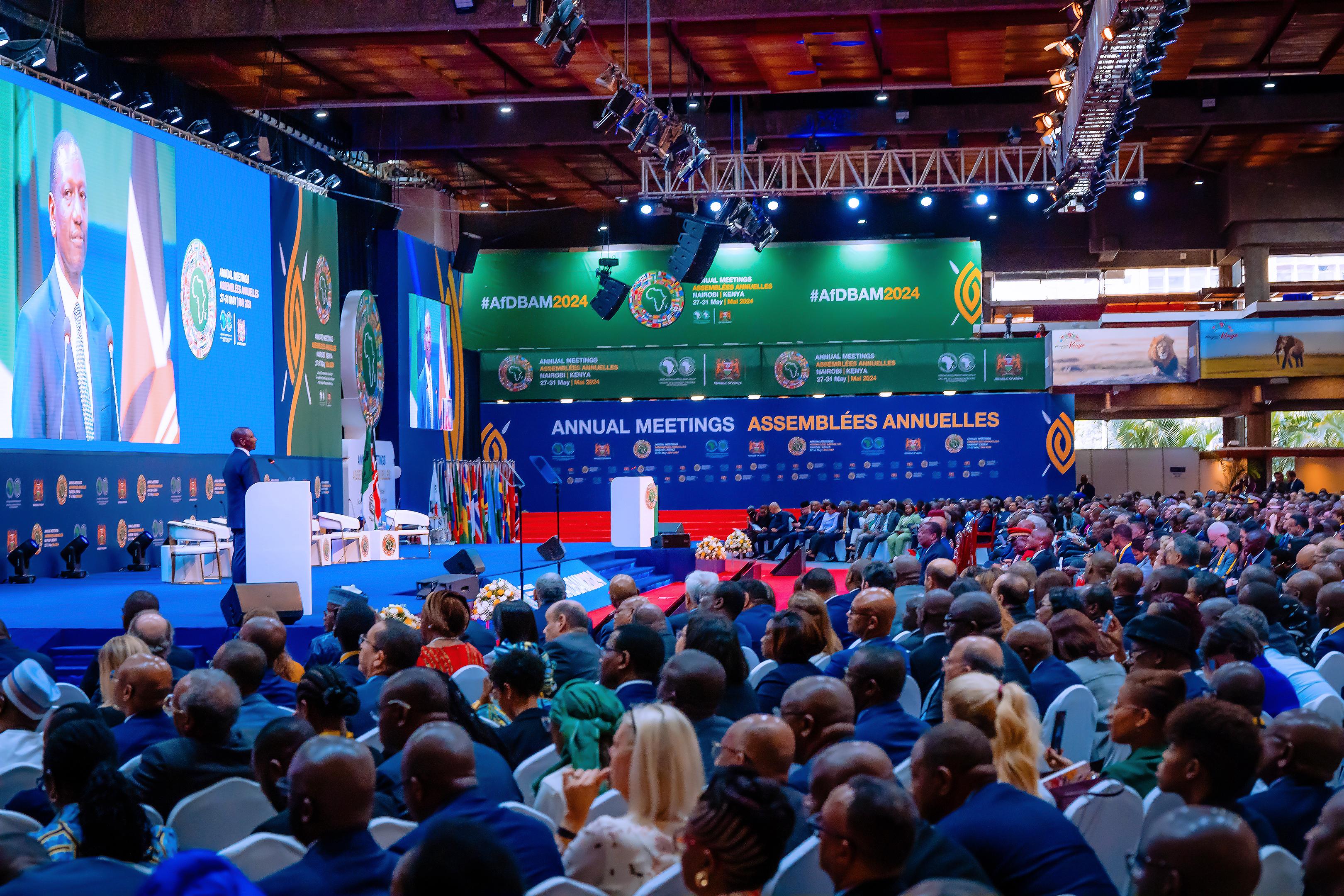
Africa’s leaders call for better financing to help continent’s transformation
The 59th Annual Meeting of the African Development Bank kicked off Wednesday at the Kenyatta International Convention Centre in Kenya’s capital, Nairobi.
The meeting was attended by heads of state and global financial executives across the region.
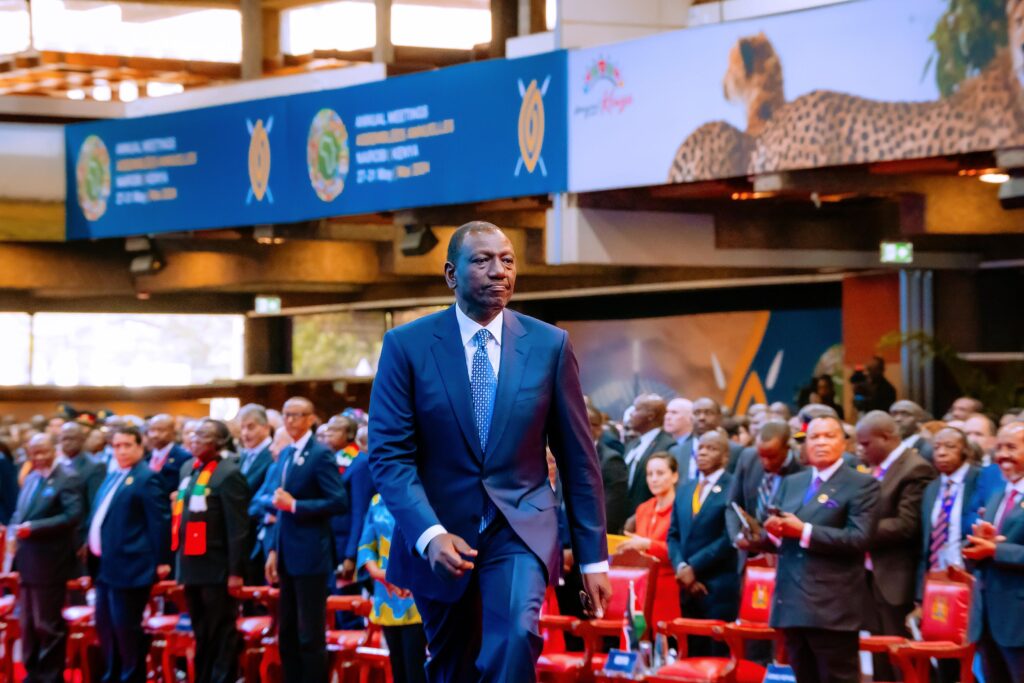
In his opening remarks, Kenyan President William Ruto urged donors and development partners to scale up their investment in Africa’s financial transformation agenda.
”To achieve this transformation, a consistent commitment of substantial resources is required to invest in infrastructure and industrial capacity to deliver rapid growth. However, we face the rigid barrier of a global financial architecture that is fundamentally misaligned with our aspirations.”
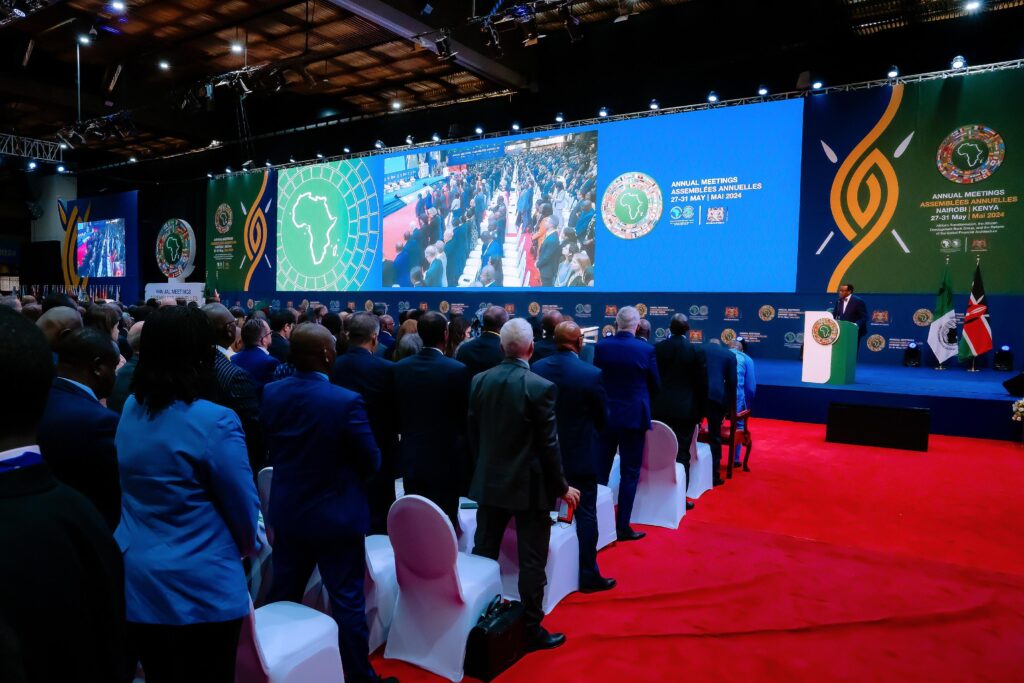
While highlighting the banks’ achievements, the African Development Bank President Dr Akinwumi Adesina revealed that more than half of African countries (31) achieved higher real GDP growth rates in 2023 than in 2022.
”The African Development Bank projects that Africa’s real GDP growth will rise from 3.1 percent in 2023 to 3.7 percent in 2024 and 4.3 percent in 2025. And, most importantly, 10 African countries are among the 20 fastest growing economies in the world,” Dr Adesina said.
The call for reforms of the global financial architecture is necessary to mobilize even more financial resources to achieve Africa’s sustainable development goals.
According to President Ruto, the debt problems faced by many countries, which consume the largest share of national resources and starve the development agenda, are a direct result of this unjust financial architecture.
”This situation not only makes debt unsustainable but also undermines growth, prevents countries from investing in resilience, and denies millions of people, especially young men and women, their fair shot at life’s opportunities.”
The presidential high-level delegation also engaged in discussions that centered on the need for Africa to tap into the potential to come up with tangible solutions in the continent.
”Africa should process on its soil and as we heard President Ruto say, the Africa Free Continental Trade Area should not be a dumping ground for other people, if we don’t make it a productive area, Africa will organize a zone where people will dump their goods”, Professor Oyebanji Oyelaran, a senior special advisor to the AFDB President said.
Africa remains most vulnerable to the effects of climate change, and several parties called for the reallocation of resources towards mitigation, adaptation, and resilience.
”To tackle climate change, the African Development Bank is well on its way to reaching its goal of mobilizing 25 billion U.S. dollars in climate finance, and last year we devoted 45% of our total lending to climate finance, according to AfDB President Akinwumi Adesina.
”Climate change is a threat multiplier; its direct impacts and related responses negatively affect our fiscal position through reduced revenues and increased public spending. The frequency of extreme weather events continuously diminishes the resources available for public investment and the provision of critical public goods such as healthcare, education, and other social services,” President William Ruto noted.
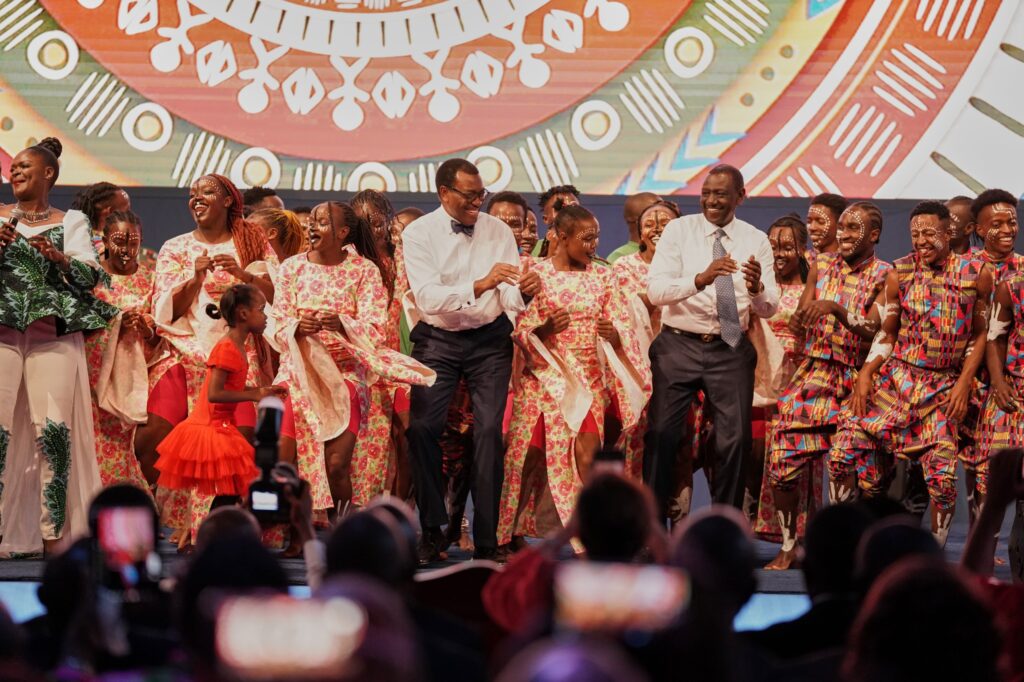
Under the current trajectory, there’s a worrying concern that Africa might not meet its Sustainable Development Goals by 2030, as it needs 1.3 trillion.



